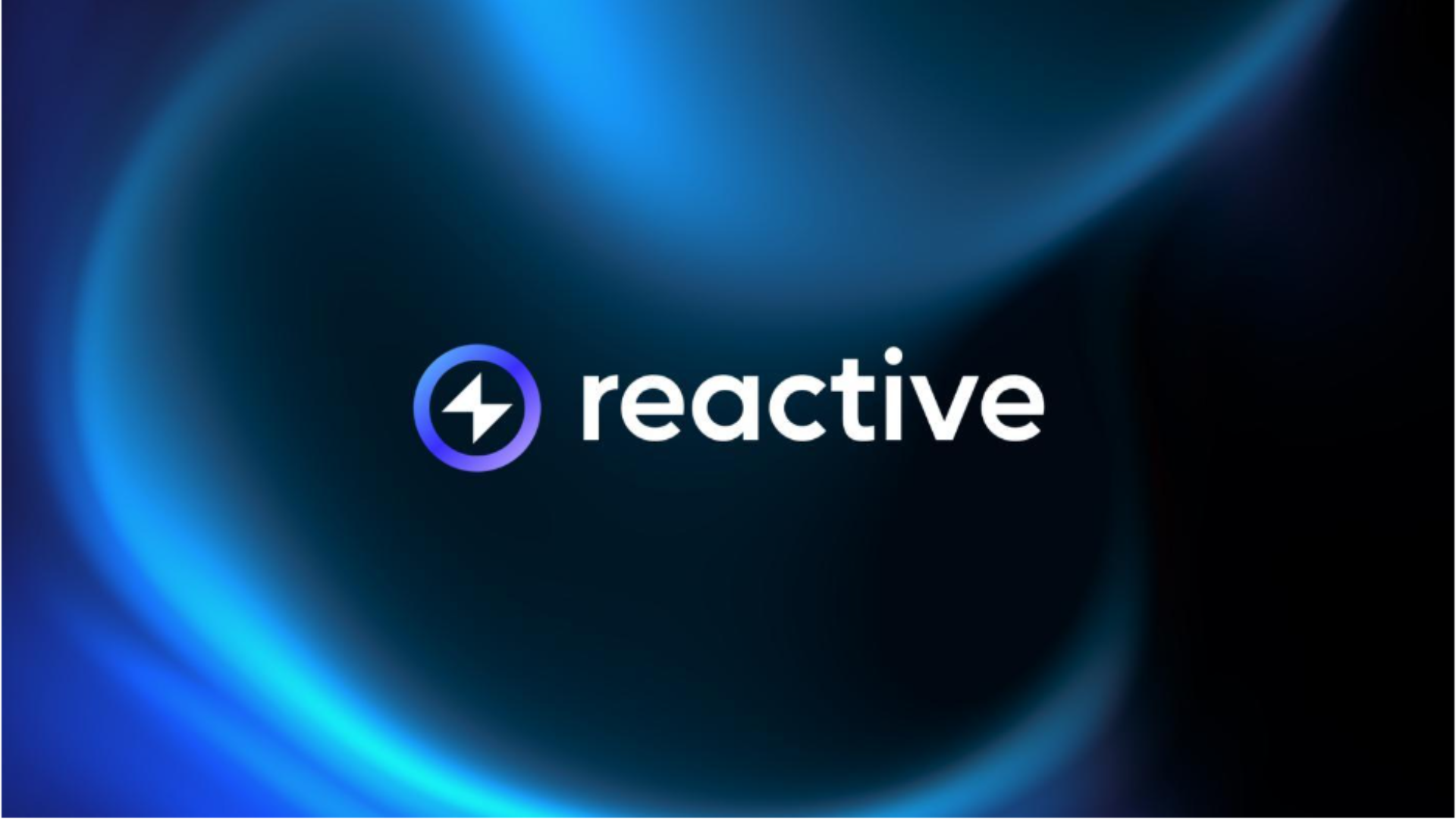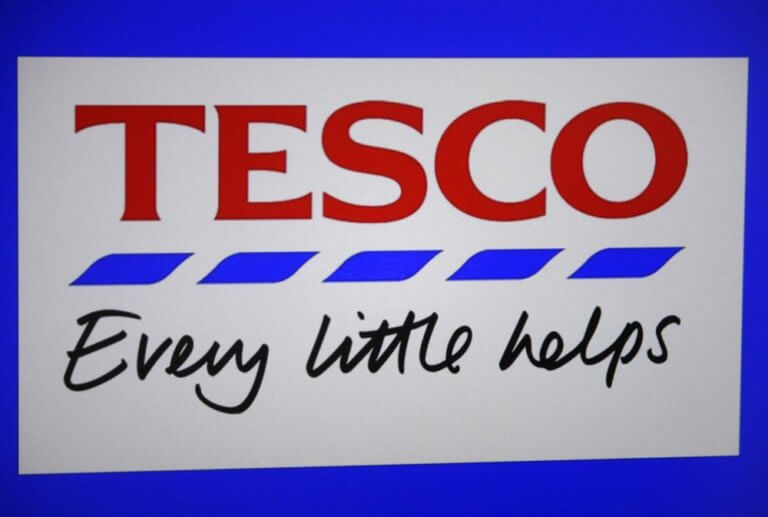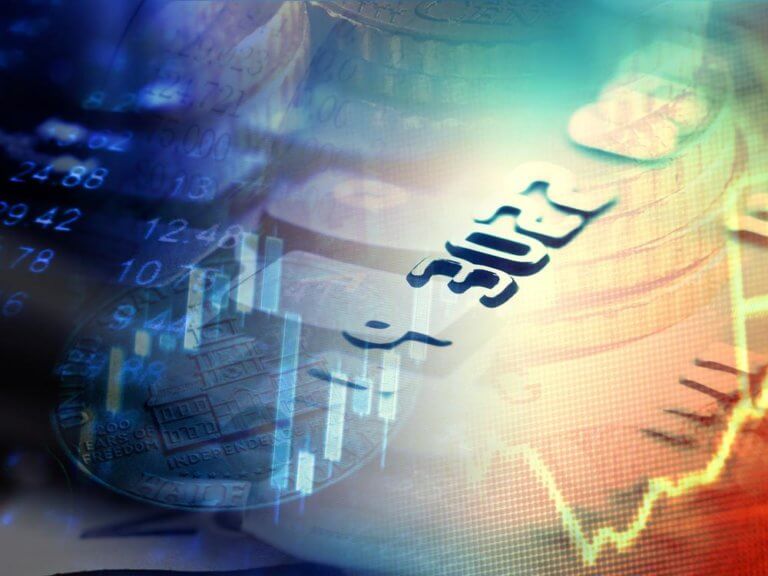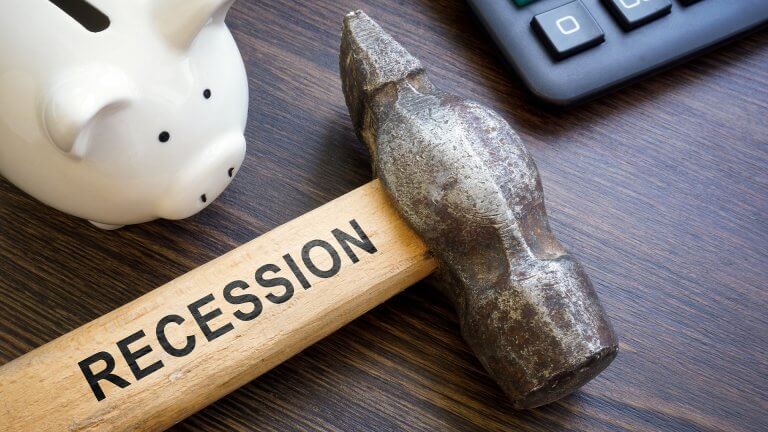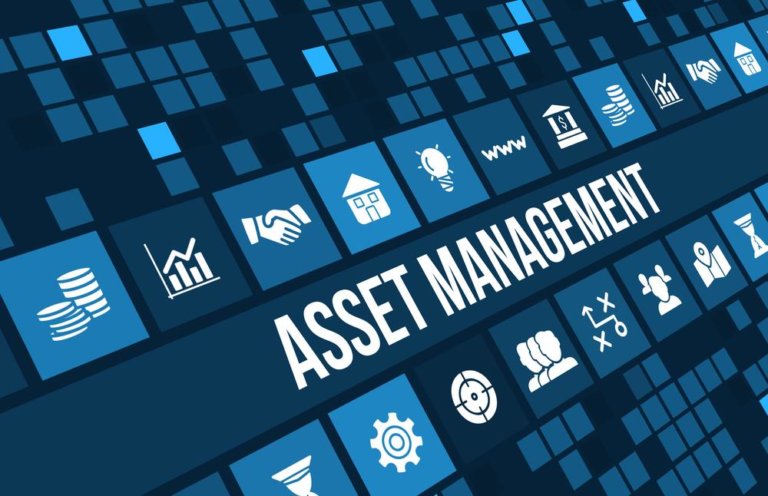As the blockchain landscape continues to evolve, the integration of real-world assets (RWAs) into digital ecosystems has become a focal point for innovation. The process of tokenising RWAs — turning physical assets like real estate, commodities and art into digital tokens on a blockchain — presents an unprecedented opportunity to unlock liquidity, improve transparency and enhance accessibility in markets traditionally bound by physical and regulatory limitations.
The team at PARSIQ, a blockchain infrastructure provider, has developed a suite of technologies that significantly streamlines the tokenisation and management of RWAs. Leveraging their proprietary Reactive Smart Contracts (RSCs), their core flagship project — Reactive Network — offers a seamless, secure and efficient platform for bridging the physical and digital worlds.
The rise of RWA projects like RealT, which tokenises real estate assets, has shown how fractional ownership can democratise investment opportunities by allowing people to invest in properties without needing significant capital. Similarly, projects like Centrifuge are bridging the gap between traditional finance and blockchain by enabling businesses to tokenise invoices and access liquidity from the decentralised finance (DeFi) ecosystem. Another noteworthy example is Securitize, which provides a platform for issuing and managing digital securities, offering a compliant and efficient way for companies to raise capital and manage investor relations. These projects highlight the versatility and potential of RWA tokenisation in transforming various asset classes and financial processes.
What is RWA Tokenisation?
RWA tokenisation refers to the process of creating digital representations of physical assets on a blockchain. This digital transformation divides assets into smaller, tradable units, increasing liquidity and enabling fractional ownership. For instance, a piece of real estate can be tokenised, allowing multiple investors to own a share of the property without needing to manage it physically.
Traditional asset management methods often involve significant paperwork, intermediaries and regulatory hurdles. However, blockchain technology, specifically smart contracts, provide a way to automate and simplify these processes. Smart contracts are self-executing agreements written in code that automatically enforce and execute the terms of a contract when specific conditions are met.
Reactive Smart Contracts are a novel advancement in the realm of smart contracts, introduced by Reactive Network. Unlike conventional smart contracts that require user-initiated actions, RSCs can automatically respond to external data and events. This reactivity enables RSCs to interact with multiple blockchain ecosystems seamlessly, making them ideal for managing the dynamic needs of RWA tokenisation.
The core technology of Reactive Network includes the ReactVM, a specialised virtual machine that supports the parallel processing of transactions. This architecture not only increases the efficiency and speed of executing complex operations but also reduces the associated costs. For RWA tokenisation, asset token buying, selling and transferring can be conducted swiftly with minimal overhead.
Importance and Benefits of RWA Tokenisation
The tokenisation of real-world assets offers a range of significant benefits that are transforming financial markets. One of the primary advantages is the increased liquidity for traditionally illiquid assets. By converting assets such as real estate or art into digital tokens, these assets can be traded on secondary markets, providing liquidity that was previously difficult to achieve. This process also enables fractional ownership, allowing smaller investors to access asset classes that were typically only available to large institutional investors. This democratisation of investment opportunities opens up a broader market and can drive higher levels of participation.
Moreover, the transparency and security inherent in blockchain technology enhance the trustworthiness of transactions. The immutable nature of blockchain records ensures that all transactions are transparent and verifiable, reducing the potential for fraud.
Additionally, the automation capabilities of smart contracts streamline processes, making transactions more efficient and cost-effective. This process reduces the need for intermediaries and decreases associated costs and time delays, making the entire system more efficient for all parties involved.
Automating Compliance and Regulatory Checks
One of the significant challenges in RWA tokenisation is ensuring compliance with various regulatory frameworks. Different jurisdictions have specific requirements for asset ownership, transfer and taxation. RSCs provide a powerful tool for automating compliance checks, ensuring transactions adhere to legal standards without manual intervention.
For example, consider a scenario where an RWA token representing a luxury apartment is to be sold. Before executing the transfer, the RSC can automatically verify that the buyer meets all necessary legal requirements, such as identity verification and anti-money laundering checks. Additionally, the RSC can ensure that all tax obligations are calculated and fulfilled automatically.
Security and transparency are paramount in the tokenisation of real-world assets. The decentralised nature of blockchain provides inherent security benefits, such as immutability and resistance to tampering. RSCs further enhance security by minimising the risk of human error and eliminating single points of failure, as all operations are governed by code.
Moreover, RSCs enable real-time transparency by providing a clear and unalterable record of all transactions on the blockchain. This transparency builds trust among participants and regulators, as all actions related to the asset are publicly accessible and verifiable.
Reactive Network’s approach to RWA tokenisation is paving the way for a more accessible and efficient digital economy. By leveraging the capabilities of Reactive Smart Contracts, Reactive Network not only facilitates the secure and compliant tokenisation of real-world assets but also offers a scalable solution for future growth.
As blockchain technology continues to mature, adopting automated solutions like RSCs will become increasingly crucial for developing secure and reliable decentralised systems.
For those interested in exploring the potential of Reactive Smart Contracts and RWA tokenisation, Reactive Network provides extensive documentation and support. They also offer different incentive programmes to encourage innovation and practical applications of these technologies.
